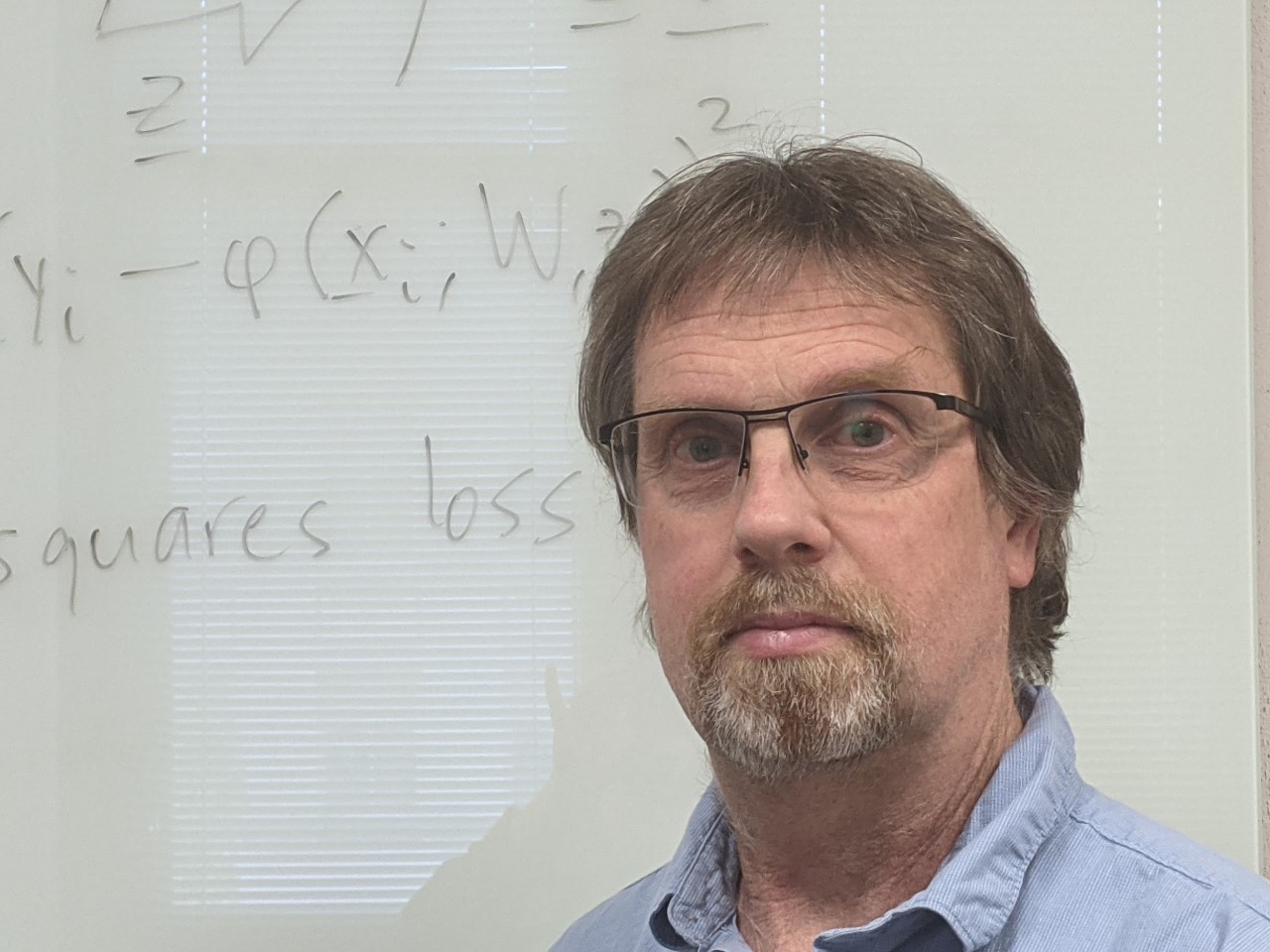Numerical
analysis has advanced greatly since it began as a way of
creating methods to approximate answers to mathematical
questions. This book aims to bring students closer to the
frontier regarding the numerical methods that are used. But
this book is not only about newer, as well as “classical”,
numerical methods. Rather the aim is to also explain how and
why they work, or fail to work. This means that there is a
significant amount of theory to be understood. Simple analyses
can result in methods that usually work, but can then fail in
certain circumstances, sometimes catastrophically. The causes
of success of a numerical algorithm and its failure, are both
important. Without understanding the underlying theory, the
reasons for a method's success and failure remain mysterious,
and we do not have a means to determine how to fix the
problem(s). ......
The aim is to
present numerical methods and their analysis in the context
of modern applications and models. For example, the standard
asymptotic error analysis of differential equations gives no
advantage to implicit methods, which have a much larger
computational cost. But for “stiff” problems there is a
clear, and often decisive, advantage to implicit methods.
While “stiffness” can be hard to quantify, it is also common
in applications. We also wish to emphasize multivariate
problems alongside single-variable problems: multivariate
problems are crucial for partial differential equations,
optimization, and integration over high-dimensional spaces.
We deal with issues regarding randomness, including
pseudo-random number generators, stochastic differential
equations, and randomized algorithms. Stochastic
differential equations meet a need for incorporating
randomness into differential equations. High-dimensional
integration is needed for studying questions and models in
data science and simulation.
